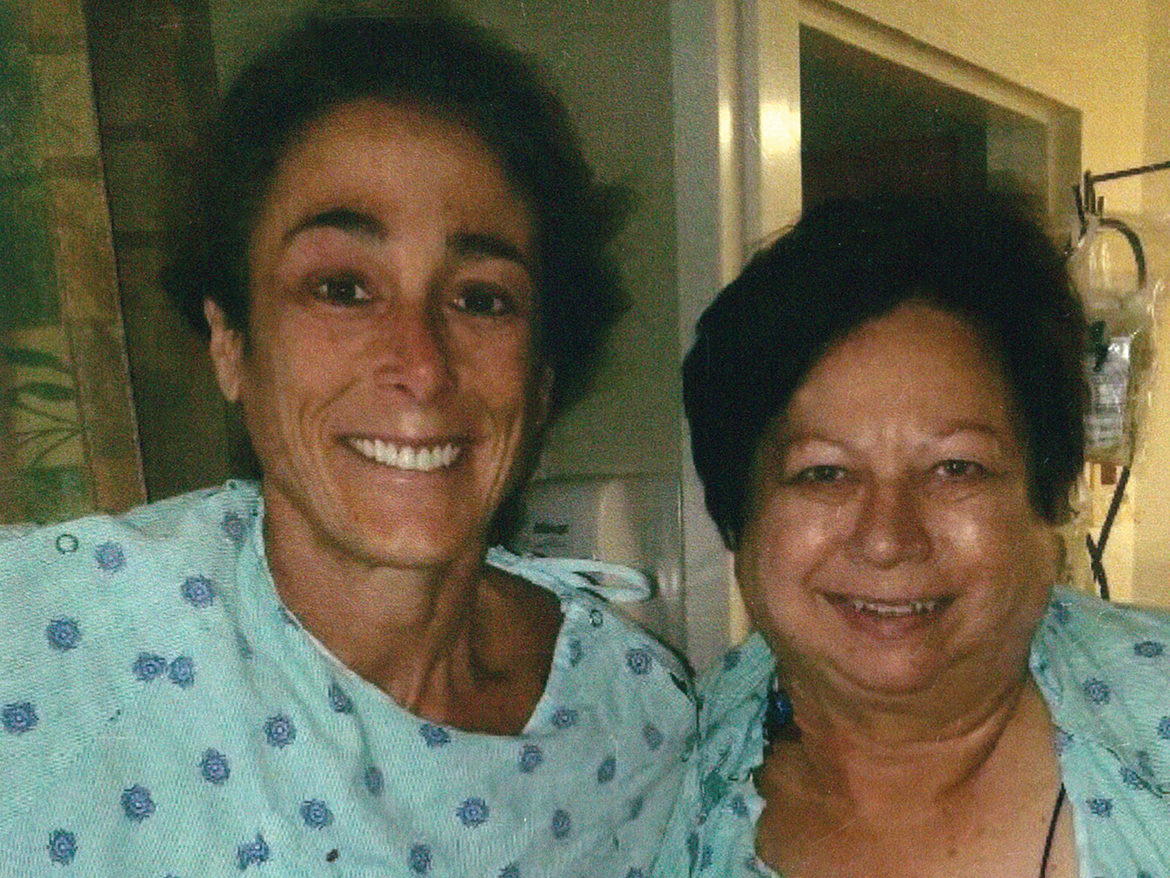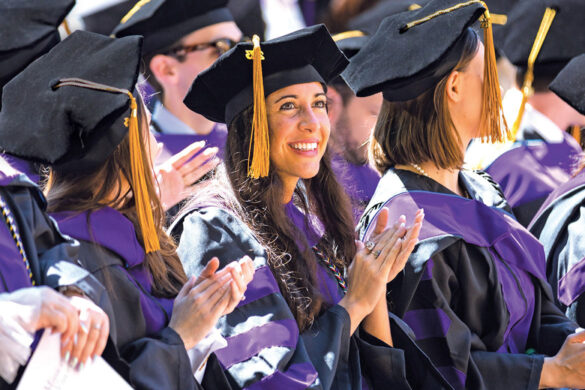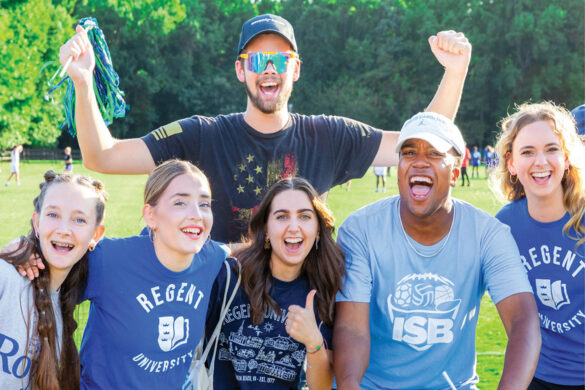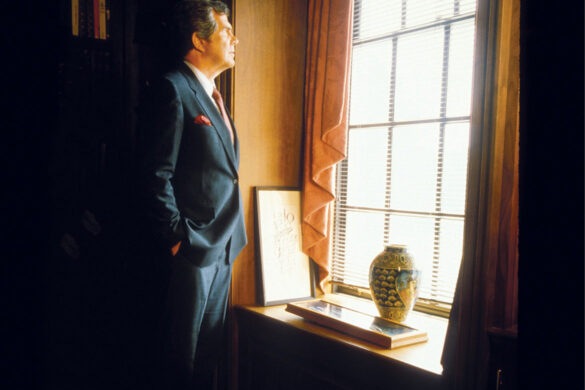Most people would be willing to help a stranger by donating food, money or clothes. But what about a kidney? That kind of brave, unselfish commitment is usually reserved for a family member or close friend. But Regent University College of Arts & Sciences professor Dr. Caramine White gave one of her kidneys to a woman she’d never met!
 In February 2015, Christina Norwood, one of Dr. White’s students, shared a prayer request about her aunt, Janice Smith, who needed a new kidney. At the time, Smith was in the hospital and had been on dialysis for three years. “When I asked for prayer for Jan in class,” Norwood remembers, “Dr. White didn’t even pause. She just said, ‘I’ll get tested.’”
In February 2015, Christina Norwood, one of Dr. White’s students, shared a prayer request about her aunt, Janice Smith, who needed a new kidney. At the time, Smith was in the hospital and had been on dialysis for three years. “When I asked for prayer for Jan in class,” Norwood remembers, “Dr. White didn’t even pause. She just said, ‘I’ll get tested.’”
Christina’s sister, Emily Norwood, who was also a student of Dr. White’s, says the decision was consistent with her professor’s character: “We’d been praying for my aunt, and understandably we were very worried, because she wasn’t doing well.”
“I said, ‘Hey, I have an extra kidney,’” White explains. “So I asked her to give me her aunt’s name and the phone number for her nurse. I went through all the testing, including extensive blood work and urinalysis, and I found out I was a perfect match.”
A few months later, she traveled to Richmond for the procedure. White says doctors told her that it often takes hours for a transplanted organ to start working. But after the surgery, the kidney started functioning almost immediately inside its new “owner.” Now, because of White’s donation, Smith’s life expectancy has been extended by more than 10 years.
“I didn’t know Jan before I gave her my kidney,” White says. “We met once and talked on the phone. But now, I feel like a part of her family. I love her. She’s a wonderful lady.”
“I received so much more than I gave. I feel like I won out on this experience.”
Alone in her recovery room a short time after the surgery, White could hear Smith’s family celebrating the procedure’s success. She says that was the moment when her decision to pay it forward really hit home: “I cried because my little, stupid, goofy donation made so many people happy.”
Emily Norwood says the joy of the experience is difficult to put into words: “Now, my aunt is much healthier, and because of Dr. White, a chair that could have been empty is filled. Jan’s granddaughters will grow up blissfully unaware of how close they were to not getting to have her in their lives.”
 Amazed by her professor’s sacrifice, Christina Norwood adds: “Dr. White literally let doctors go in and cut a perfectly good organ from her body to save my aunt’s life. That means way more than I can ever accurately put into words.”
Amazed by her professor’s sacrifice, Christina Norwood adds: “Dr. White literally let doctors go in and cut a perfectly good organ from her body to save my aunt’s life. That means way more than I can ever accurately put into words.”
White says she was back on her feet very quickly after leaving the hospital and has been fully recovered for quite some time. “I don’t feel any different now,” she states. “I don’t feel like I have a big hole where my kidney used to be.”
Most people would hesitate when asked to make such a big sacrifice, especially on behalf of a complete stranger. But Dr. White didn’t struggle with fear over her decision or the procedure. As a marathon runner, triathlete and fitness enthusiast, White had the physical ability, as well as the psychological and spiritual peace, to donate her kidney. She also had confidence in the procedure and its chances of success.
“My father was a family practitioner and my stepfather was an orthopedic surgeon. So I have a lot of faith in doctors,” she explains. “I was a little nervous, but I just knew it would be OK.”
Because of that absence of fear, White says she doesn’t even consider herself courageous: “I didn’t give her ‘life.’ I didn’t throw myself on a grenade. But I feel like I maybe gave her a better life. How often does anyone ever get to do that?”
White calls the experience “the best thing I’ve ever done in my life” because of what she got back from Jan and her family. “I received so much more than I gave,” she insists. “I feel like I won out on this experience. You don’t have to give a kidney. If you can give just a teensy bit to someone else, it will help.”
For more information about enrolling in a Regent degree program at one of the university’s eight schools of study, call 800.373.5504 or visit regent.edu/apply.
